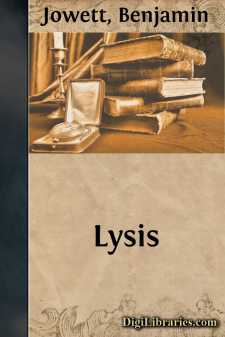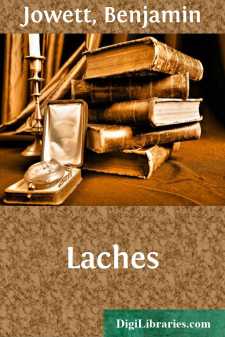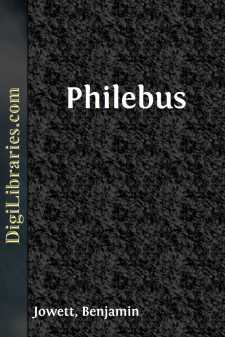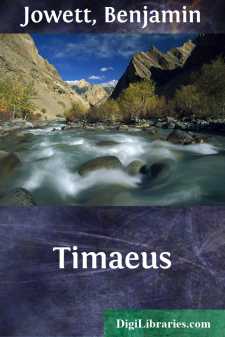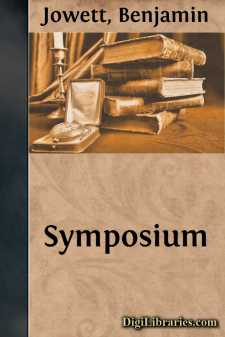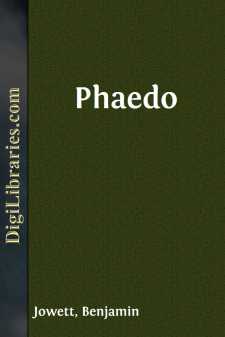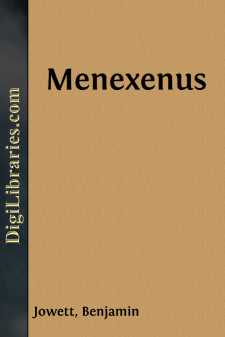Categories
- Antiques & Collectibles 13
- Architecture 36
- Art 48
- Bibles 22
- Biography & Autobiography 813
- Body, Mind & Spirit 142
- Business & Economics 28
- Children's Books 17
- Children's Fiction 14
- Computers 4
- Cooking 94
- Crafts & Hobbies 4
- Drama 346
- Education 46
- Family & Relationships 57
- Fiction 11829
- Games 19
- Gardening 17
- Health & Fitness 34
- History 1377
- House & Home 1
- Humor 147
- Juvenile Fiction 1873
- Juvenile Nonfiction 202
- Language Arts & Disciplines 88
- Law 16
- Literary Collections 686
- Literary Criticism 179
- Mathematics 13
- Medical 41
- Music 40
- Nature 179
- Non-Classifiable 1768
- Performing Arts 7
- Periodicals 1453
- Philosophy 64
- Photography 2
- Poetry 896
- Political Science 203
- Psychology 42
- Reference 154
- Religion 513
- Science 126
- Self-Help 84
- Social Science 81
- Sports & Recreation 34
- Study Aids 3
- Technology & Engineering 59
- Transportation 23
- Travel 463
- True Crime 29
Euthydemus
by: Benjamin Jowett
Description:
Excerpt
INTRODUCTION.
The Euthydemus, though apt to be regarded by us only as an elaborate jest, has also a very serious purpose. It may fairly claim to be the oldest treatise on logic; for that science originates in the misunderstandings which necessarily accompany the first efforts of speculation. Several of the fallacies which are satirized in it reappear in the Sophistici Elenchi of Aristotle and are retained at the end of our manuals of logic. But if the order of history were followed, they should be placed not at the end but at the beginning of them; for they belong to the age in which the human mind was first making the attempt to distinguish thought from sense, and to separate the universal from the particular or individual. How to put together words or ideas, how to escape ambiguities in the meaning of terms or in the structure of propositions, how to resist the fixed impression of an 'eternal being' or 'perpetual flux,' how to distinguish between words and things—these were problems not easy of solution in the infancy of philosophy. They presented the same kind of difficulty to the half-educated man which spelling or arithmetic do to the mind of a child. It was long before the new world of ideas which had been sought after with such passionate yearning was set in order and made ready for use. To us the fallacies which arise in the pre-Socratic philosophy are trivial and obsolete because we are no longer liable to fall into the errors which are expressed by them. The intellectual world has become better assured to us, and we are less likely to be imposed upon by illusions of words.
The logic of Aristotle is for the most part latent in the dialogues of Plato. The nature of definition is explained not by rules but by examples in the Charmides, Lysis, Laches, Protagoras, Meno, Euthyphro, Theaetetus, Gorgias, Republic; the nature of division is likewise illustrated by examples in the Sophist and Statesman; a scheme of categories is found in the Philebus; the true doctrine of contradiction is taught, and the fallacy of arguing in a circle is exposed in the Republic; the nature of synthesis and analysis is graphically described in the Phaedrus; the nature of words is analysed in the Cratylus; the form of the syllogism is indicated in the genealogical trees of the Sophist and Statesman; a true doctrine of predication and an analysis of the sentence are given in the Sophist; the different meanings of one and being are worked out in the Parmenides. Here we have most of the important elements of logic, not yet systematized or reduced to an art or science, but scattered up and down as they would naturally occur in ordinary discourse. They are of little or no use or significance to us; but because we have grown out of the need of them we should not therefore despise them. They are still interesting and instructive for the light which they shed on the history of the human mind.
There are indeed many old fallacies which linger among us, and new ones are constantly springing up....




